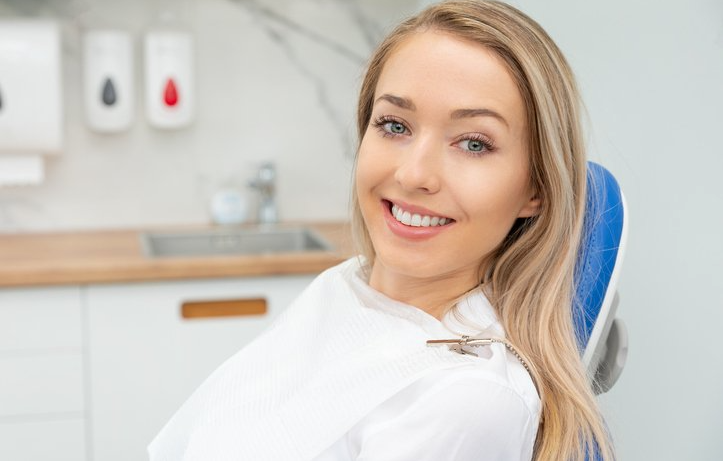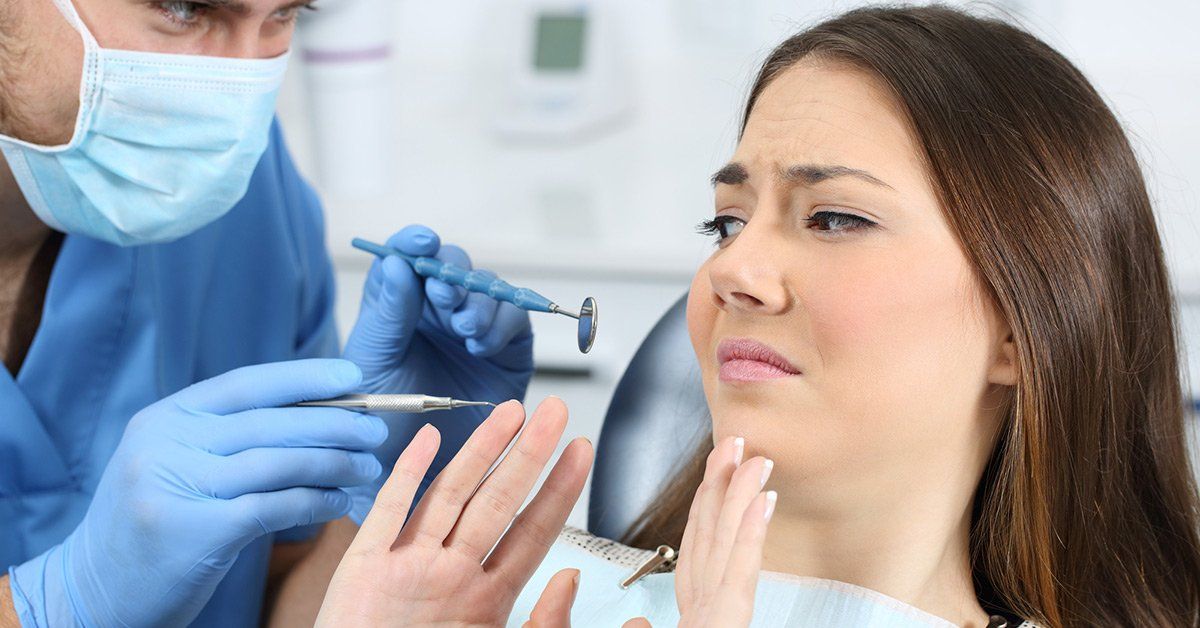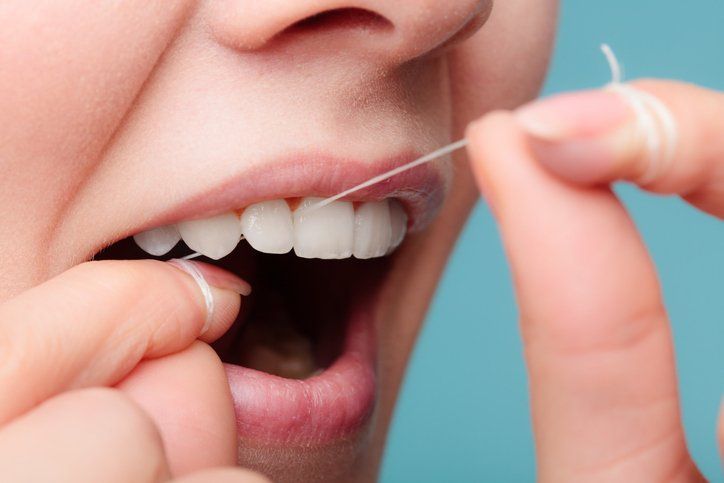If you have never had the pleasure of brushing a child’s mouth with their arms and legs flailing while they’re screaming and crying, consider yourself lucky. In my house, wrestling 2.5 year old twins every night to get their teeth brushed and flossed properly is a full contact sport and completely worth the effort. Here’s why:
- Primary/baby/first teeth save space for the child's future permanent teeth by remaining in the child's mouth until the permanent tooth underneath is ready to emerge through the gums and push the baby tooth out.
- Baby teeth facilitate healthy chewing, which builds and strengthens baby’s face and jaw muscles.
- Baby teeth help them progress through developmental milestones like eating solid foods and learning to pronounce words.
- Some adults are missing the permanent tooth that are meant to replace the baby tooth, sometimes causing the baby tooth to actually serve as the permanent tooth for a long time, even for life.
- Babies have a lot of pain in their mouths the first few years of life due to the teeth actually growing in and adding tooth decay or abscess discomfort to their list of “growing pains” is certainly something to avoid.
- Having healthy baby teeth will create a positive relationship with dental check-ups and the importance of oral hygiene care.
When a baby tooth is lost too early, the permanent teeth can drift into the empty space and make it difficult for other adult teeth to find room when they come in. Decay on a baby tooth can also impact the health of an adult tooth. With the permanent tooth forming right below the baby tooth in the jaw bone, the adult tooth can be compromised if infection travels down the roots of the baby tooth and starts causing decay on an unerupted adult tooth. If an abscessed primary tooth develops, it needs to be treated by a dental professional right away because children are especially susceptible to having teeth infection spread to other parts of the body, including the brain.
Developing a structured brushing and flossing routine early in a child’s life will set them up for positive experiences at the Dentist. When children regularly have professional cleanings and periodic exams with cavity free results, they will be more likely to continue visiting the dentist and keep up with their oral hygiene at home for years to come.
How to Take Care of Baby Teeth
When your baby doesn't have any erupted teeth yet, it is important to take a warm clean wash cloth and wipe the gum ridges at least once a day. This will protect against thrush and let you feel if there are any teeth starting to poke through. As soon as the first tooth erupts, brushing with an extra soft bristle baby toothbrush is indicated.
If your child is in the toddler stage or younger, it’s best to brush their teeth yourself. If they are particularly independent, give them the tooth brush and allow them to brush their teeth first. Once they are finished, tell them you need to “check” how well they did and this is when the parent needs to brush them again and floss. I prefer the flossers for my children because they are easier to handle when flossing your child’s mouth. Brushing should be done 1x in AM and brushing and flossing should be done 1x in PM, right before bed with no juice, milk or snacks following the night time brushing and flossing.
If your child is out of the toddler stage, still supervise and critique their brushing and flossing when needed. You may need to continue brushing your child’s teeth until they are able to do an acceptable job. Some parents allow their child to do the AM brushing all by themselves and then at the evening brushing and flossing, the parent takes over and gets a really good cleaning in before bedtime. I’m okay with either technique, just as long as it gets done.
After age 2, children can use toothpaste with fluoride. Before age 2, using fluoride free toothpaste or just water is fine. When using toothpaste, use a very small amount of toothpaste on the brush until they are old enough to spit out the extra. Even then, no more than a pea-sized amount of toothpaste is needed.
Regular visits to the dentist should start as soon as the baby teeth start emerging from the gum. However, if you have questions about your baby’s mouth health or baby teeth coming in, always reach out to your dentist or pediatrician right away.
Our Most Recent Blogs



